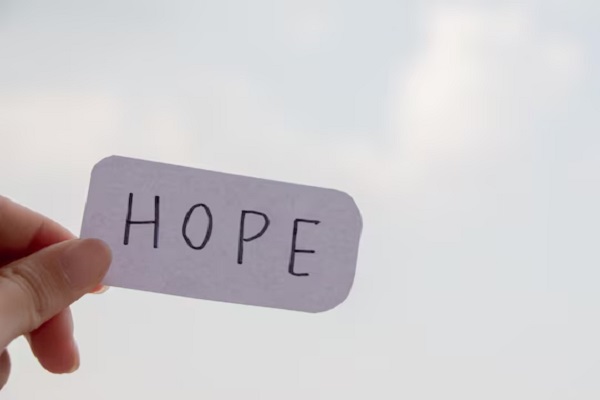Conflict is an inevitable part of human interaction. Whether in personal relationships, professional settings, or social interactions, misunderstandings and disagreements can arise. How these conflicts are managed can significantly impact the quality and durability of relationships. One crucial aspect of conflict resolution is the ability to apologize effectively. Phrases like “I hope you understand” play a vital role in crafting apologies that not only address the issue but also foster empathy and reconciliation. This essay explores the importance of effective apologies and the strategic use of “I hope you understand” in conflict resolution.
The Importance of Effective Apologies
An effective apology is more than just saying “I’m sorry.” It involves acknowledging the mistake, expressing genuine remorse, and making amends. According to research by the University of Illinois, an effective apology can repair relationships, restore trust, and prevent future conflicts . Apologies are a powerful tool in conflict resolution because they demonstrate accountability and a willingness to improve.
Components of an Effective Apology
- Acknowledgment of the Offense: Recognizing the specific actions or words that caused harm is the first step. This shows that the person apologizing understands the impact of their behavior.
- Expression of Remorse: Sincere regret is crucial. It conveys that the person is genuinely sorry for the harm caused, not just for the consequences they might face.
- Making Amends: Offering a way to rectify the situation shows a commitment to repairing the damage. This can include compensation, corrective actions, or assurances to prevent recurrence.
- Request for Forgiveness: Seeking forgiveness acknowledges the other person’s feelings and grants them the power to decide the next step in the relationship.
The Role of “I Hope You Understand”
The phrase “I hope you understand” can be a powerful addition to an apology. It serves multiple purposes in conflict resolution:
Building Empathy
Using “I hope you understand” in an apology can help build empathy. This phrase indicates a desire for mutual understanding and shows that the person apologizing is considering the perspective of the other party. For instance, saying, “I hope you understand why I reacted the way I did,” invites the other person to see the situation from the speaker’s point of view.
Softening the Apology
Apologies can sometimes come across as insincere or mechanical. Adding “I hope you understand” softens the apology, making it sound more personal and heartfelt. It demonstrates that the person apologizing is not only sorry but also hopes for a resolution that benefits both parties.
Encouraging Dialogue
“I hope you understand” can open the door for further conversation. It invites the other person to share their feelings and perspectives, fostering a dialogue that can lead to a deeper resolution of the conflict. This phrase can turn a one-sided apology into a two-way exchange, where both parties feel heard and valued.
Demonstrating Vulnerability
Expressing hope for understanding shows vulnerability. It reveals that the person apologizing is not just trying to check off an apology box but genuinely cares about the relationship and the other person’s feelings. This vulnerability can build trust and strengthen the bond between the parties involved.
Crafting an Apology with “I Hope You Understand”
Here is an example of how to integrate “I hope you understand” into an effective apology:
“Jane, I’m really sorry for missing our meeting yesterday. I know how important it was, and I regret not being there. I was dealing with a family emergency, and I hope you understand why I couldn’t make it. Please let me know if there’s any way I can make it up to you, and I’ll ensure it doesn’t happen again.”
In this example, the apology acknowledges the offense (missing the meeting), expresses remorse, provides a reason (family emergency), and includes “I hope you understand” to build empathy and encourage dialogue.
Conclusion
Effective apologies are essential in resolving conflicts and maintaining healthy relationships. The phrase “I hope you understand” adds a layer of empathy, softness, and openness to an apology, making it more likely to achieve a positive outcome. By acknowledging the offense, expressing genuine remorse, making amends, and seeking understanding, individuals can navigate conflicts more effectively and build stronger, more resilient relationships.

